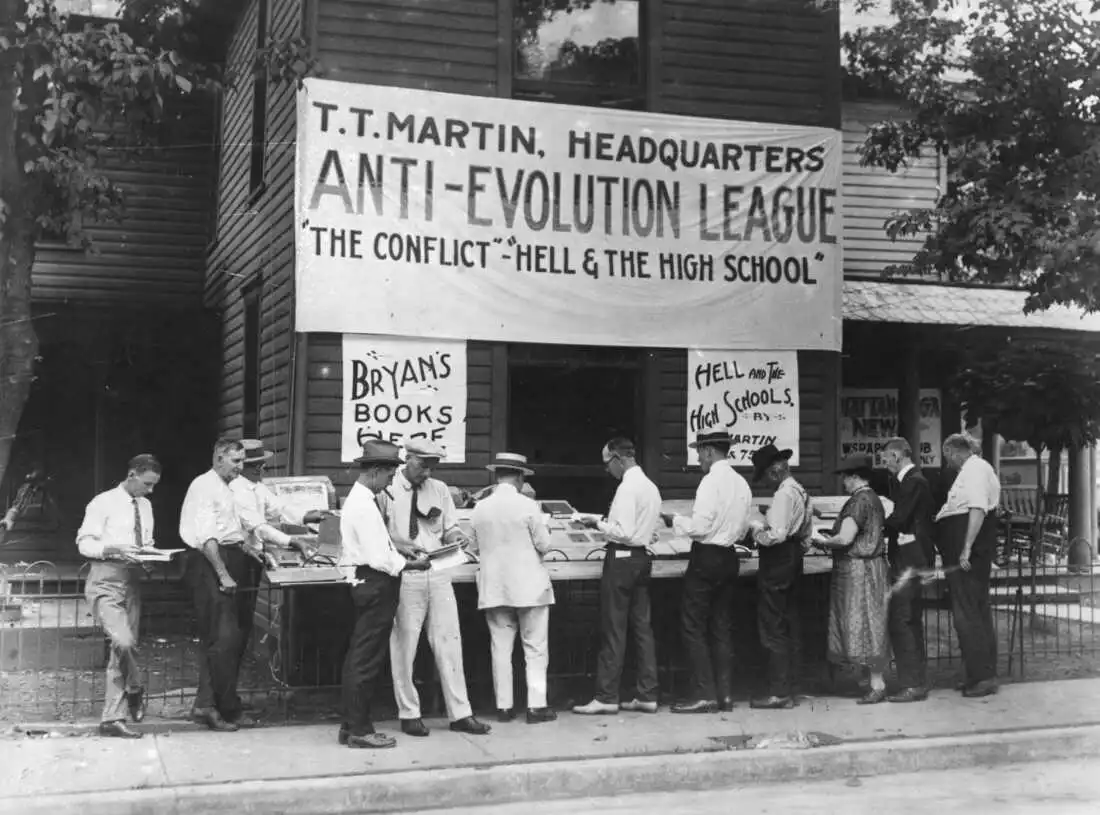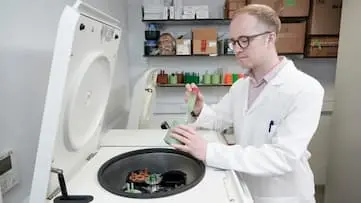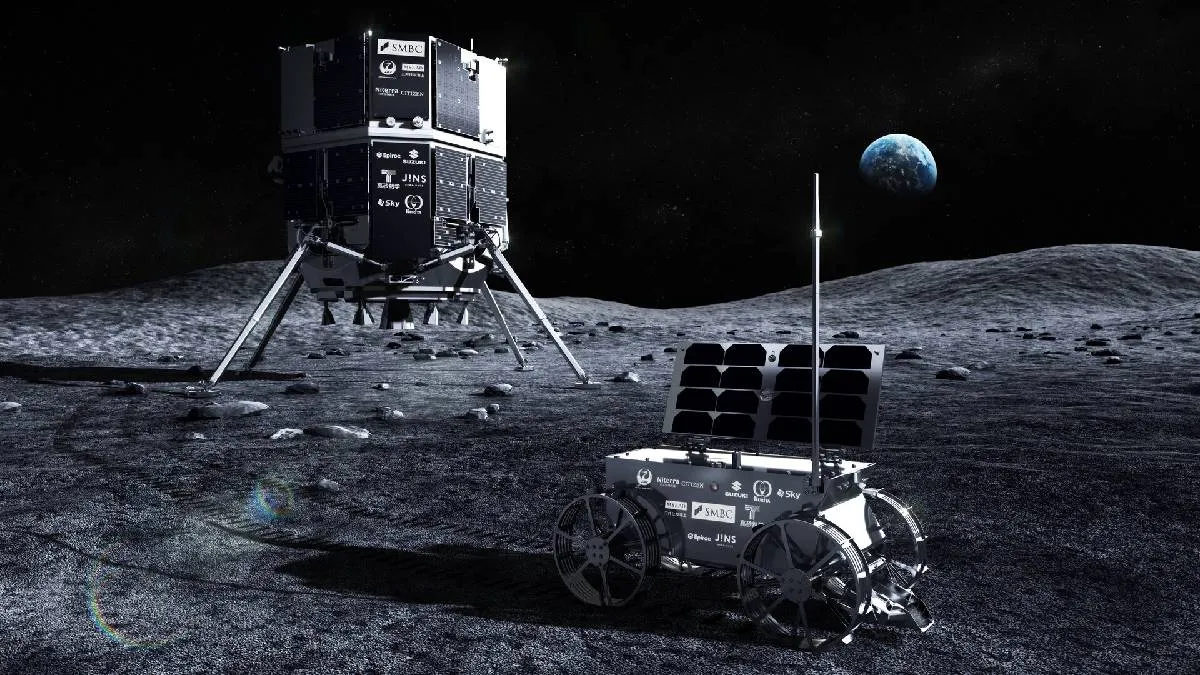A Century After the Scopes Trial, the Battle Over Science Still Rages
One hundred years after the landmark Scopes Monkey Trial tested the legality of teaching evolution in schools, America continues to wrestle with political, cultural, and ideological attacks on science education and expertise.
In July 1925, a small-town courtroom in Dayton, Tennessee , became the epicenter of a national debate over science, religion, and education. The Scopes Monkey Trial , as it came to be known, challenged a state law banning the teaching of evolution in public schools. The defendant, John T.
Scopes , was a young high school teacher charged with violating the Butler Act by teaching Darwin’s theory of evolution. The trial featured two of the nation’s most famous figures: Clarence Darrow , defending Scopes, and William Jennings Bryan , representing the prosecution. Though Scopes was ultimately found guilty and fined $100, the trial ignited a cultural firestorm that still echoes across the U.
S. today. A Century Later, Familiar Fault LinesExactly 100 years later, the tensions between science and ideology remain stark.
Across the country, science education, public health policy, and environmental research are increasingly entangled in partisan battles and cultural warfare. > “The Scopes Trial was never just about evolution — it was about who gets to define truth in a modern society,” says Dr. Kimberly Carter, a historian of science at Vanderbilt University.
“That question is still very much alive. ” From Evolution to VaccinesWhile evolution is no longer banned in schools, battles over curriculum content persist. In recent years, several states have introduced or passed legislation: - Allowing or requiring the teaching of creationism or intelligent design alongside evolution - Restricting how schools can teach about climate change , gender identity , and race-related science - Regulating the inclusion of certain health and sex education materialsThe COVID-19 pandemic brought another dimension to this debate.
Misinformation about vaccines, masks, and virus transmission exploded, fueled by political rhetoric , social media, and distrust in institutions. > “We saw public health officials threatened, scientists silenced, and life-saving guidance undermined,” said Dr. Anthony Rivera, a virologist.
“It was a modern version of the same denialism that faced Darwin. ” Politicization of ScienceScience has increasingly become a proxy battlefield for broader societal disputes. In recent years: - Climate science has been branded as political propaganda by some lawmakers - Public universities and researchers have faced restrictions or scrutiny tied to ideological agendas - Federal agencies like the CDC and EPA have endured internal censorship and funding cuts tied to science-based policyThe American public's trust in science remains high overall, but sharply divided along party lines.
According to Pew Research, more than 70% of Democrats trust scientific institutions , compared to less than 40% of Republicans. Education at the CrossroadsTextbooks, classroom discussions, and state-approved science standards are now central battlegrounds. Teachers in multiple states have reported pressure from school boards and parents not to teach certain topics — or to present them as “controversies” rather than settled science.
The effect, experts say, is a chilling one: science educators self-censoring to avoid political backlash, and students receiving a distorted or incomplete view of how science works. The Scopes Trial's Enduring SymbolismThe original trial wasn’t about proving evolution right or wrong. It was a test case , intended by civil liberties advocates to highlight the conflict between academic freedom and religious dogma.
That same struggle has morphed into today’s debates — over data, health, climate, and truth itself. > “Science doesn’t exist in a vacuum,” said Carter. “It always collides with culture, and how we handle those collisions defines the health of our democracy.
” Looking Forward: Can Science Reclaim Neutral Ground?There are efforts underway to rebuild public trust in science: - Programs promoting science literacy in K–12 education - Initiatives to train scientists in public communication - Partnerships between researchers and faith-based organizations to find common ground But experts warn that without structural protections for science education , and investment in nonpartisan science outreach , the lessons of the Scopes Trial may continue to go unheeded. Conclusion: Same Debate, New CenturyA hundred years after the Scopes Monkey Trial, America remains caught in a tug-of-war between empirical evidence and ideological belief. Whether the topic is evolution, climate, vaccines, or gender biology, the question remains: Can science speak freely — and will society listen when it does? The legacy of Dayton in 1925 isn’t just a courtroom drama — it’s a mirror, reflecting the stakes of our current scientific crossroads.
9th July 2025



